
How To Optimise Your Fertility
Clean Up Your Diet
“I’m not interested in a diet that keeps you below a size eight – I am interested in diets that help you conceive,” fertility guru Zita West tells SL. “Nutrition is a key building block of fertility, and by giving careful consideration to what you eat, while making changes where necessary, you will boost your chances of getting pregnant.” Zita says it’s worth making these changes at least three months prior to conception, as it takes three months to produce new sperm. “While a woman is born with all the eggs she will ever have, the environment in which these mature can be optimised, and around three months is the perfect amount of time to do this. If the diet contains too many trans fats, refined sugars or excess additives, or is depleted of nutrients, then research shows fertility can be significantly affected. Avoid refined carbs and processed foods, including white bread, rice and pasta; take time to chew and digest your food to ensure you’re absorbing nutrients; and eat balanced amounts of protein, carbs and fats.”
Increase Your Antioxidants
“Vitamins A, C and E are all antioxidants, which are key to reduce DNA damage to the egg and sperm as well as being supportive for fertility,” adds Jen Walpole, a registered nutritional therapist specialising in fertility. “Adding these into the diet at least three months before you want to get pregnant can help. For example, vitamin A can support the lining of the reproductive tract – find it in egg yolks and orange coloured fruit and vegetables such as mangoes, sweet potato, squash, peppers and papaya. Vitamin E has been shown in some studies to support the endometrial lining and may reduce age-related ovarian decline – almonds and sunflower seeds are good sources.”
Jen also says vitamin C – found in berries, kiwis, peppers and tomatoes – can improve sperm quality, while selenium is vital for both male and female fertility. “Just two to three Brazil nuts per day will give you all the selenium you need, while dulse and nori are rich in iodine, an important mineral required for fertility-supporting thyroid hormones. Vitamin D is also an often-overlooked fertility nutrient, which should be optimised ahead of conception as the baby gets all its vitamin D from the mother. Vitamin D helps support hormone balance and balances the immune system to help you maintain a pregnancy. Testing and adequate dosing is advised for anyone trying to conceive.”
Eat More Oily Fish
Omega 3 fats – found in oily fish, nuts and seeds – are essential in helping your body make hormones, balance blood sugar and create cervical mucous. “Omega 3 fats have also been shown to improve sperm motility and concentration as well as prolonging fertility in women. I would recommend consuming a couple of portions of oily fish per week, seeds including flax, chia and hemp, and taking a good quality supplement to boost levels of omega-3,” advises Jen.
Don’t Drink When You’re Ovulating
Experts agree excessive alcohol consumption is associated with changes to the menstrual cycle and ovulation, but that doesn’t mean you need to quit drinking entirely when thinking about getting pregnant. “If you drink every day, now is a good time to reduce consumption but having a couple of glasses of wine a week isn’t going to make a huge impact on your fertility, and may in fact help aid relaxation,” says Jen. “Obviously binge drinking is a no-no and quality is a consideration too. A good quality, biodynamic, organic red wine would be much more favourable than a cheap wine.”
Zita recommends sticking to fewer than six units of alcohol per week, ensuring that three or four nights a week are dry. “Both of you should try to abstain from alcohol altogether around the time of ovulation, and when you do drink, drink two glasses of water for every unit of alcohol.”
Cut Back On Caffeine
“For a long time, the relationship between caffeine consumption and fertility was unclear,” says Jen. “A recent review highlighted that the more cups of coffee consumed by men per day increased the risk of infertility, but in relation to female fertility, there was no difference. However, higher intakes of 400mg or more did increase the risk of infertility. No more than 200mg (around one cup of coffee) is recommended during pregnancy, so it’s advisable to consume no more than that when trying to conceive, too.” Zita recommends cutting back on caffeine-containing foods and drinks during the week, treating yourself at weekends. “If you do need a shot of caffeine, get it from tea, which has much lower caffeine levels than coffee,” Zita advises.
Look After Your Hormones
“Every meal is an opportunity to optimise fertility,” says Jen. “Even the oils you cook with make a difference – refined vegetable oils such as sunflower and rapeseed oils should be avoided as these can cause oxidative damage. Other big no-nos include endocrine (i.e. hormone) disruptors, which are environmental toxins including plastics, heavy metals and pesticides. Reducing plastic use, limiting exposure to pollution, switching to natural products and eating organic food will help reduce exposure. Drinking filtered water can also be a good idea. These may sound extreme but getting into the habit of doing them now could help increase fertility when the time comes.”
Get Your Weight In Check
Research shows that being either underweight or overweight can lower your chances of conceiving. Maintaining a healthy weight or a healthy BMI when you’re trying to conceive can therefore make things easier, as well as being beneficial for your baby when you do become pregnant. “Aim to get your BMI within a range of 20 to 25,” says Zita. “Anything too low and the pituitary hormones turn off, which is why very underweight women find their periods stop. Remember, your body needs fat to produce oestrogen, and even if you have a period, low oestrogen levels reduce your chances of ovulation. Plus, if your body doesn’t feel it’s getting enough nutrients, it’ll divert everything to the essential organs needed to keep you alive, meaning it’ll divert from the reproductive organs. At the same time, too much body fat raises oestrogen levels to excess, causing irregular menstrual cycles and affecting ovulation.”
If you are overweight, Zita says that reducing your weight by just 5% can have a favourable effect on fertility. “The same goes for men – being overweight can cause high insulin levels, which supresses the action of LH in the testes, which can significantly affect sperm production. An overweight man also has more fat over the genital area, causing heat, which hampers the functioning of the testicles.”
Be Careful With Low Fat Options
If you are trying to manage your weight, don’t always assume low-fat versions of your favourite foods are necessarily healthier, says Zita. “Low-fat options can often contain high levels of sugar and trans fats. This applies to dairy, too. In one study, ovulation was 38% better in those who consumed full-fat milk, while women who ate two or more low-fat dairy products per day were twice as likely to have problems conceiving,” she tells SL.
Take The Right Supplements
“In an ideal world if everybody had a balanced diet, we may not need supplements, but we all know that’s often not the case. Around 30% of us don’t eat five portions of fruit and vegetables per day, and if you’re stressed, eating processed foods and eating on the run, you’re depleting your body of vital nutrients,” says Zita.
Jen says both partners should think about taking a fertility multivitamin containing methylfolate or folate. “Up to 60% of the population can’t convert synthetic folic acid into folate, so it’s important to opt for these forms in a multivitamin. Folate is linked to higher rates of implantation, pregnancy and live births. In fact, studies show that taking a folate supplement before conception and through to at least 12 weeks of pregnancy can reduce the occurrence of birth defects by up to 60%. Wild Nutrition does excellent fertility formulas, as does Equi London. It could also be worth taking CoQ10, or looking for it in a multivitamin – it’s an antioxidant that’s associated with improved egg quality.”
Ideally, supplements should be added in three months before conception to optimise egg and sperm quality and to build your reserves, says Zita. “When pregnancy does occur, that first trimester can be tricky to get the nutrients needed for your baby when you’re struggling with nausea and tiredness, so by building your reserves now you’re also helping your future child. As well as a quality multivitamin (which studies show can increase your chances of conceiving), I also recommend daily supplements of omega-3 fats and a high-quality probiotic.”
Exercise In Moderation
Regular exercise keeps your body healthy, reduces stress and the risk of ovulation disorders. But be careful not to overdo it, says Jen, as too much high-intensity exercise can have the opposite effect and lower fertility. Studies have found that exercising for longer than 90 minutes more than four times per week can lower fertility as it causes the body to produce too many harmful free radicals. “It’s worth tweaking how you exercise when thinking about getting pregnant,” says Jen. “Anything high intensity, such as HIIT, spinning and intense running, may be workouts to pull back on when trying to conceive in favour of walking, yoga, Pilates, swimming and weight bearing exercises. These are lower in impact but still effective. If you’re thinking of trying something new in terms of fitness, now probably isn’t the best time – stick to what you’ve been doing and consciously reduce anything high impact.”
For more information visit JenWalpole.com and ZitaWest.com
Shop our product edit...
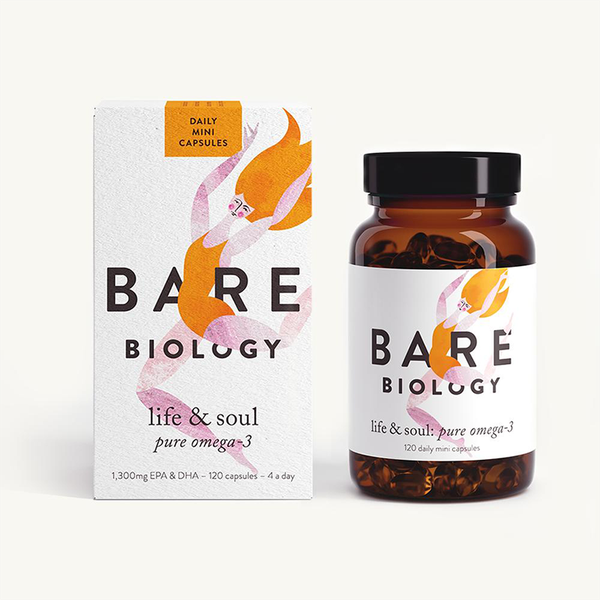
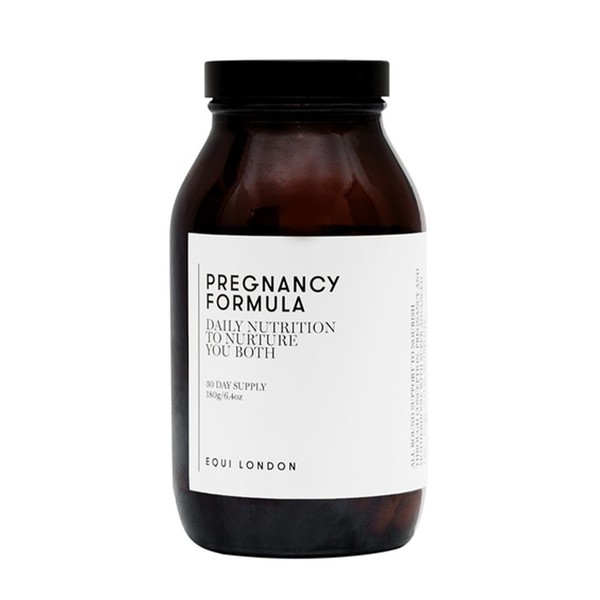
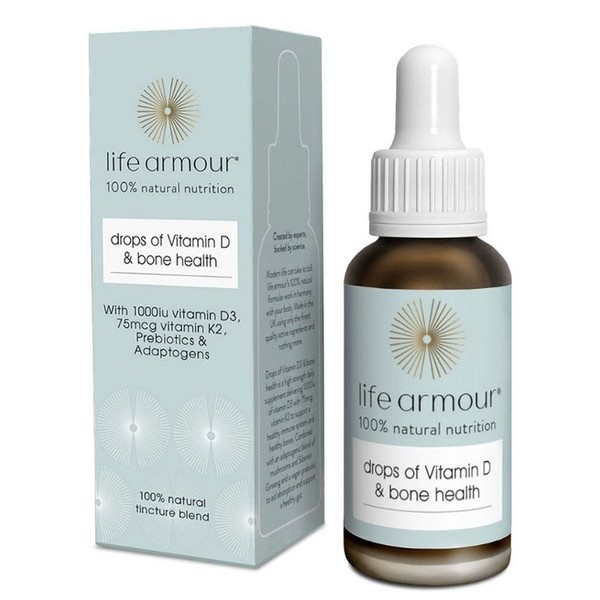
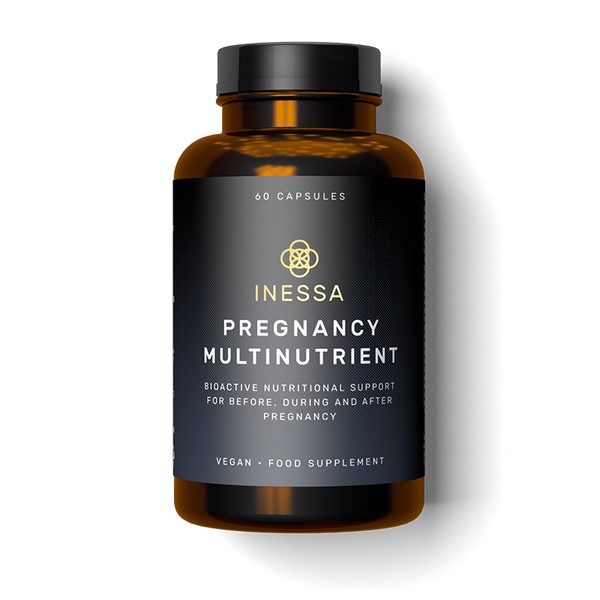
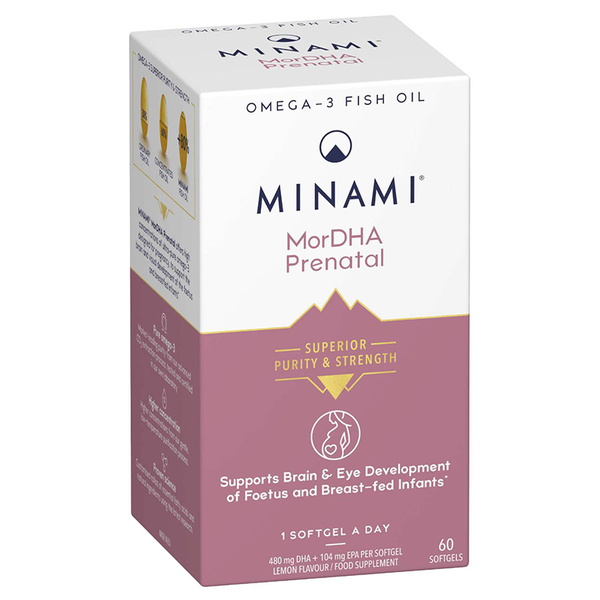
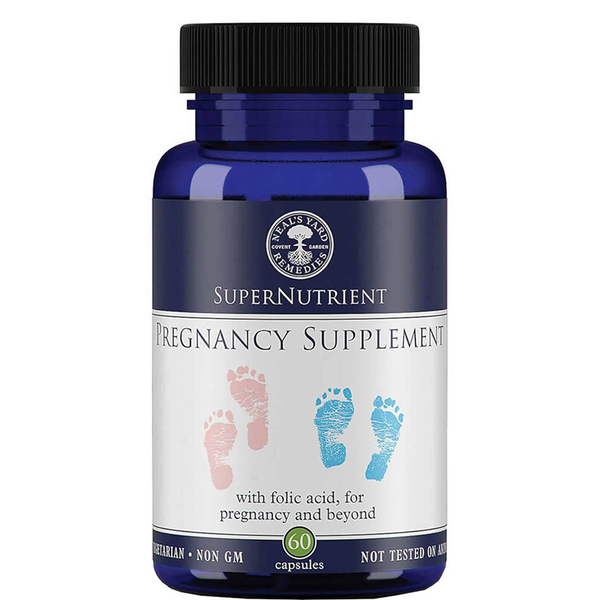
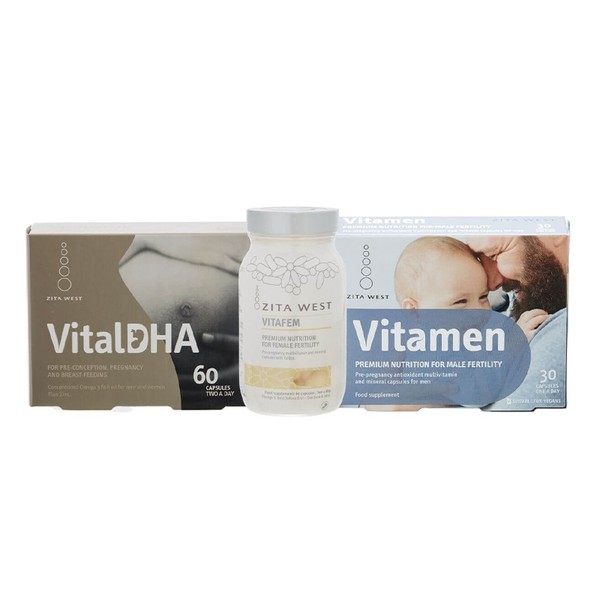
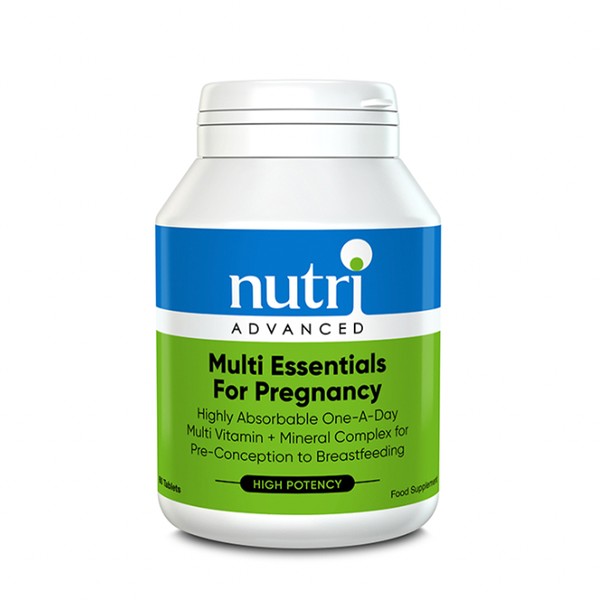
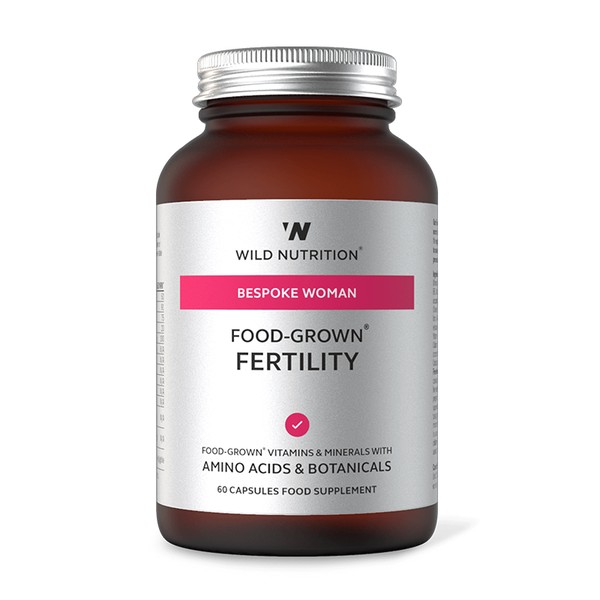
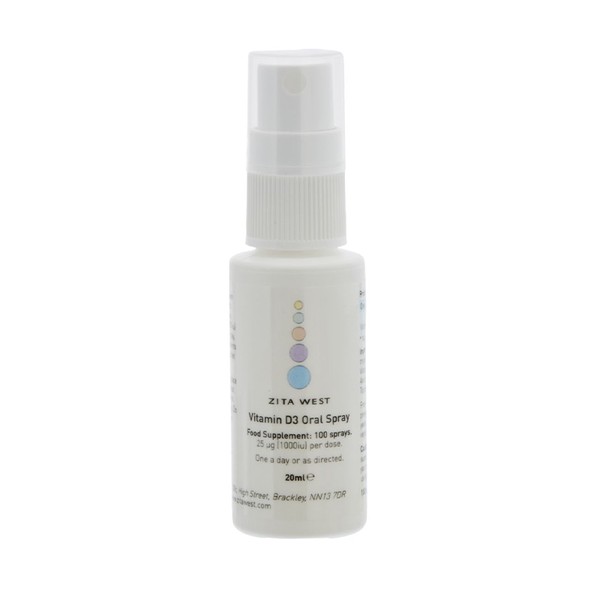
DISCLAIMER: Features published by SheerLuxe are not intended to treat, diagnose, cure or prevent any disease. Always seek the advice of your GP or another qualified healthcare provider for any questions you have regarding a medical condition, and before undertaking any diet, exercise or other health-related programme.
DISCLAIMER: We endeavour to always credit the correct original source of every image we use. If you think a credit may be incorrect, please contact us at info@sheerluxe.com.

